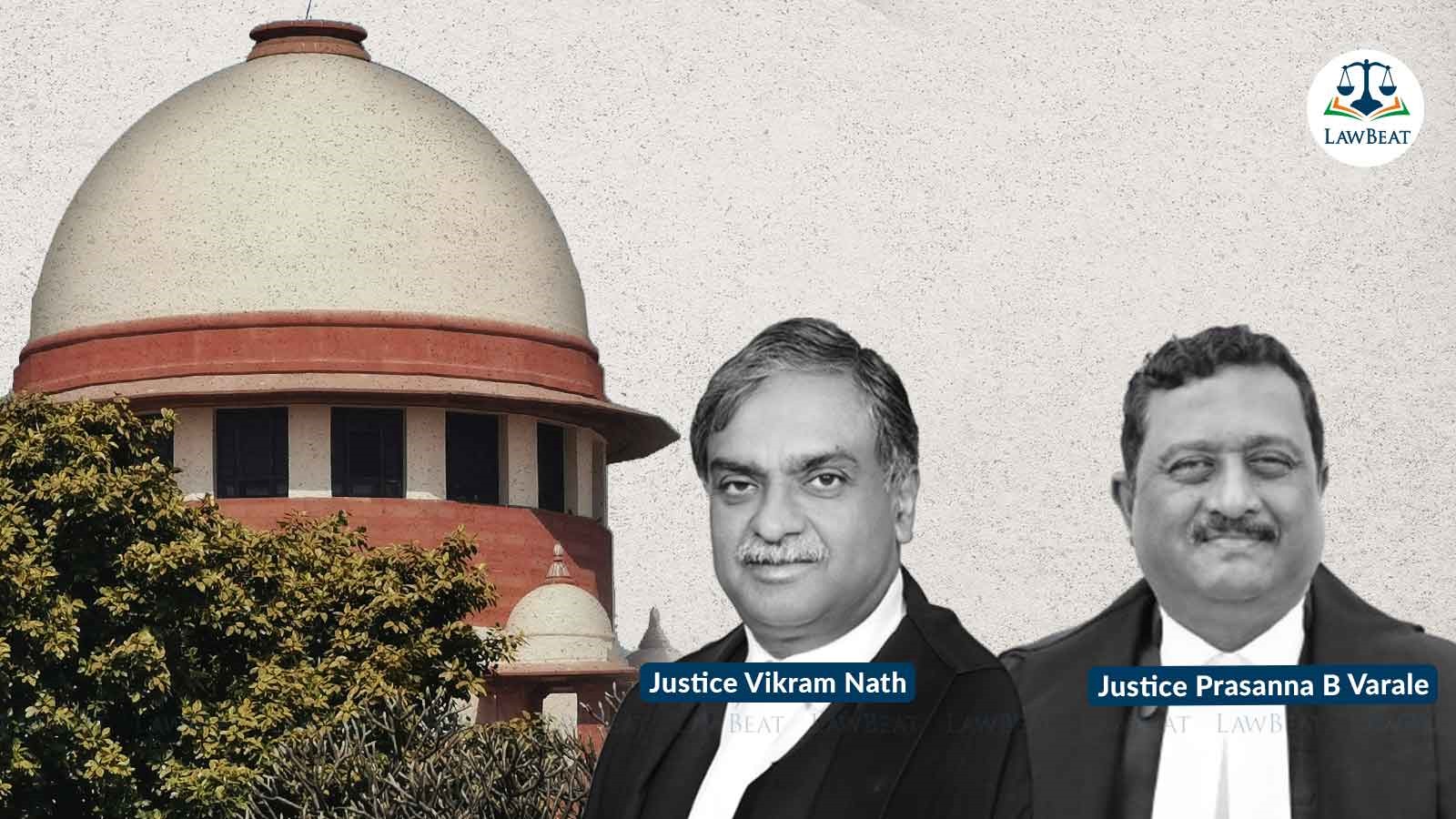SC uses inherent power to allow compromise in non compoundable offence

The Supreme Court ruled that despite Section 326 IPC being non-compoundable, the case's exceptional circumstances and voluntary settlement justified using its inherent powers to give effect to the compromise
The Supreme Court on January 7, 2025, used its inherent power to allow a plea by a convict to compound an offence under Section 326 of the IPC after he decided to pay compensation of Rs 5.80 lakh to the complainant, and a compromise was reached after intervention of the village elders to bring closure of the matter to ensure peace and harmony.
A bench of Justices Vikram Nath and Prasanna B Varale recalled its earlier order of January 19, 2024, which had summarily dismissed the special leave petition filed by H. N. Pandakumar.
The applicant filed a miscellaneous application seeking relief for compounding the offence under Section 326 IPC based on a compromise reached between the parties after the dismissal of the special leave petition.
He stated that all disputes between his family and the complainant's family were amicably resolved with the intervention of elders and villagers. As part of the settlement, he agreed to pay Rs 5.80 lakh as total compensation to the complainant.
The complainant also filed an impleadment application supporting the petitioner’s request for compounding the offence, affirming the compromise and seeking closure of the matter to ensure peace and harmony between the parties.
The court observed that the complainant and the petitioner lived in close proximity, separated only by a road, making it crucial to maintain peaceful relations between their families. The parties were also distantly related, and any lingering hostility could disrupt the social fabric of their neighborhood.
"The compromise covers not only the criminal case but also related property disputes, including the right of way, which had been a point of contention for years. The applicant/petitioner’s commitment to paying the agreed compensation reflects a genuine effort to end the discord and uphold the terms of the settlement. This court notes that the complainant’s unequivocal support for the compromise further underscores the voluntary nature of the settlement and the shared desire to put an end to all disputes," the bench said.
In light of the amicable settlement and the complainant’s unequivocal consent, the bench said, "This court finds it appropriate to allow the present application".
"While the offense under Section 326 IPC is non compoundable under the provisions of the Criminal Procedure Code the exceptional circumstances of this case, including the voluntary settlement between the parties, warrant the exercise of this court’s inherent powers to give effect to the compromise," the bench said.
Court allowed the application and partly allowed the appeal by confirming the conviction but reducing the sentence of one year of jail to the period already undergone by him.
As per the facts of the matter, complainant Puttaraju lodged an FIR with K R Pete Rural Police Station, Mandya, alleging that accused no. 1 to 5 had formed an unlawful assembly and assaulted him and his family members, causing grievous injuries.
Following an investigation, charges were framed against all the accused under Sections 143, 341, 504, 323, 324, and 307 read with Section 149 of the Indian Penal Code.
The Trial Court, by its judgment on January 24, 2012, convicted accused no. 3 and 4 under Section 326 read with Section 34 IPC, sentencing them to rigorous imprisonment for two years imposing a fine of Rs. 2,000 each. The remaining accused were acquitted.
On appeal, the Karnataka High Court reduced the petitioner’s sentence to one year while enhancing the fine amount to Rs. 2,00,000. accused no. 4 was acquitted.
Aggrieved, he approached the top court through the special leave petition, which was dismissed on January 19, 2024. Subsequently, he filed the instant application which was allowed by the court.
Case Title: H N Pandakumar Vs The State of Karnataka
